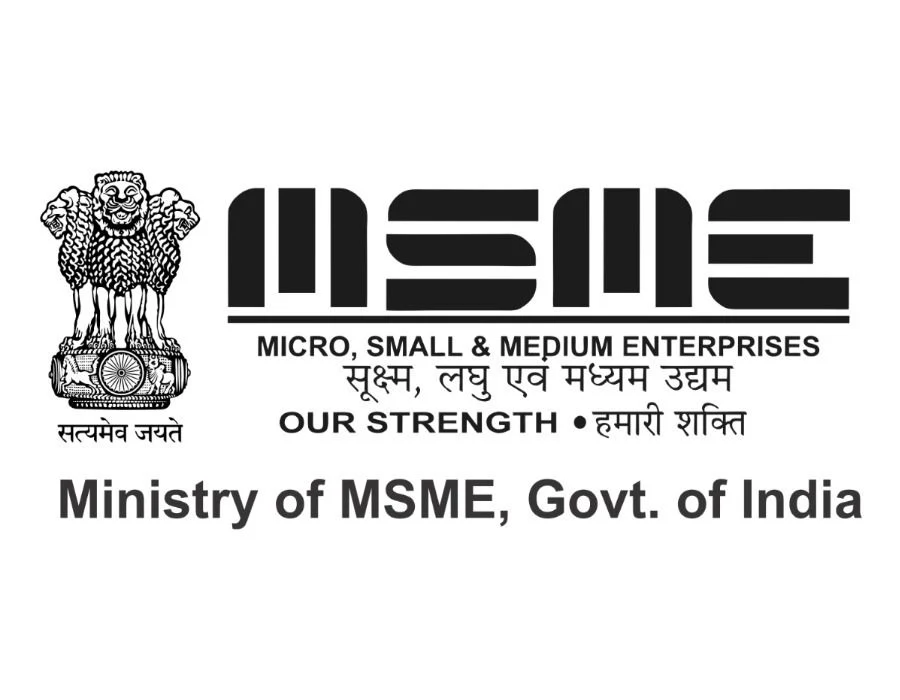MSME stands for Micro, Small, and Medium Enterprises. These are enterprises that are classified based on their size and investment in plant and machinery/equipment. The classification criteria vary by country, but generally, micro enterprises have the smallest size, followed by small enterprises, and then medium enterprises.
Importance of MSMEs:
Employment Generation: MSMEs play a crucial role in generating employment opportunities, particularly in developing countries. They often provide jobs to a significant portion of the population, contributing to livelihoods and poverty reduction.Economic Growth: MSMEs contribute to the overall economic growth of a country by fostering entrepreneurship, innovation, and competition. They also contribute to the GDP through production and service activities.
Inclusive Development: MSMEs are often located in rural and semi-urban areas, promoting inclusive development by bringing economic activities to regions that might otherwise be neglected.
Flexibility and Innovation: Smaller enterprises are often more agile and adaptable to market changes. They are also hubs of innovation, as they can experiment with new ideas and technologies more easily than larger corporations.
Challenges and Problems of MSMEs:
Access to Finance: One of the primary challenges faced by MSMEs is limited access to finance. Many small enterprises struggle to secure loans from traditional financial institutions due to a lack of collateral or credit history.Technology Adoption: Some MSMEs may face difficulties in adopting modern technologies due to resource constraints. This can hinder their competitiveness and efficiency.
Regulatory Compliance: MSMEs often struggle with complex and time-consuming regulatory procedures. Navigating bureaucratic hurdles can be a significant challenge, particularly for smaller businesses.
Market Access: Accessing broader markets can be challenging for MSMEs. They may lack the resources for effective marketing and distribution, limiting their reach and potential for growth.
Skill Shortages: MSMEs may face difficulties in hiring and retaining skilled personnel. This is especially true for specialized industries where finding qualified workers can be a challenge.
Infrastructure Constraints: Inadequate infrastructure, such as transportation and communication facilities, can hamper the operations and growth of MSMEs, particularly in rural areas.
Global Competition: MSMEs may struggle to compete with larger, more established companies, especially when facing global competition. Lack of resources and economies of scale can put them at a disadvantage.
Governments and various stakeholders often work towards addressing these challenges through policy initiatives, financial support programs, and capacity-building measures to strengthen the MSME sector and enhance its contribution to economic development.



